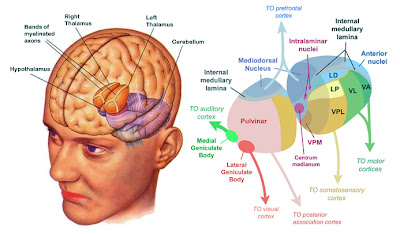Cholesterol or also called unsaturated fat is a waxy
substance that it's white, cholesterol is naturally
exist in the human body. Is the liver that produces
cholesterol, cholesterol serves to build cell walls and
also for producing certain hormones. However, if excess
cholesterol can be quite dangerous and cause a number of
diseases such as gallstones, heart attack and stroke.
There are certain foods that contain high cholesterol,
if consumed regularly can cause you to hit some diseases
mentioned above. Therefore, in order to maintain your
cholesterol levels remain normal, you have to avoid or
reduce the intake of foods containing cholesterol. below
is a list of high cholesterol foods that you should
avoid.
Meat
Most of the meat products contain high levels of
cholesterol consumption. Avoid any kind of meat products
containing more than 3 grams of fat per ounce. Some of
the products should be completely avoided are fatty cuts
of meat, pork, beef and liver.
Poultry products
Always remove the skin from chicken or turkey before
taking it. This is very important because the skin is
the main source of cholesterol, saturated fat and
calories. Therefore, keep in mind removing the skin
before cooking them.
Seafood
Other foods that has high cholesterol levels is seafood,
such as crab, shrimp and lobster.
Saturated Fat
Food products such as butter, meat droplets, lard,
cheese, palm oil and coconut oil contains high amounts
of saturated fats and should be avoided as much as you.
Dairy
Some dairy products that you really need to avoid is the
cream cheese, processed cheese, eggs, heavy cream and
custard products.
Carbohydrate
Avoid excess white rice, potatoes, candy, pizza, pasta
and popcorns with butter. Excess intake of carbohydrates
can be really dangerous, because they can increase blood
cholesterol levels.
Warning!
Always remember that your daily intake of cholesterol
should not exceed 200 to 400 milligrams, be it from any
source.









